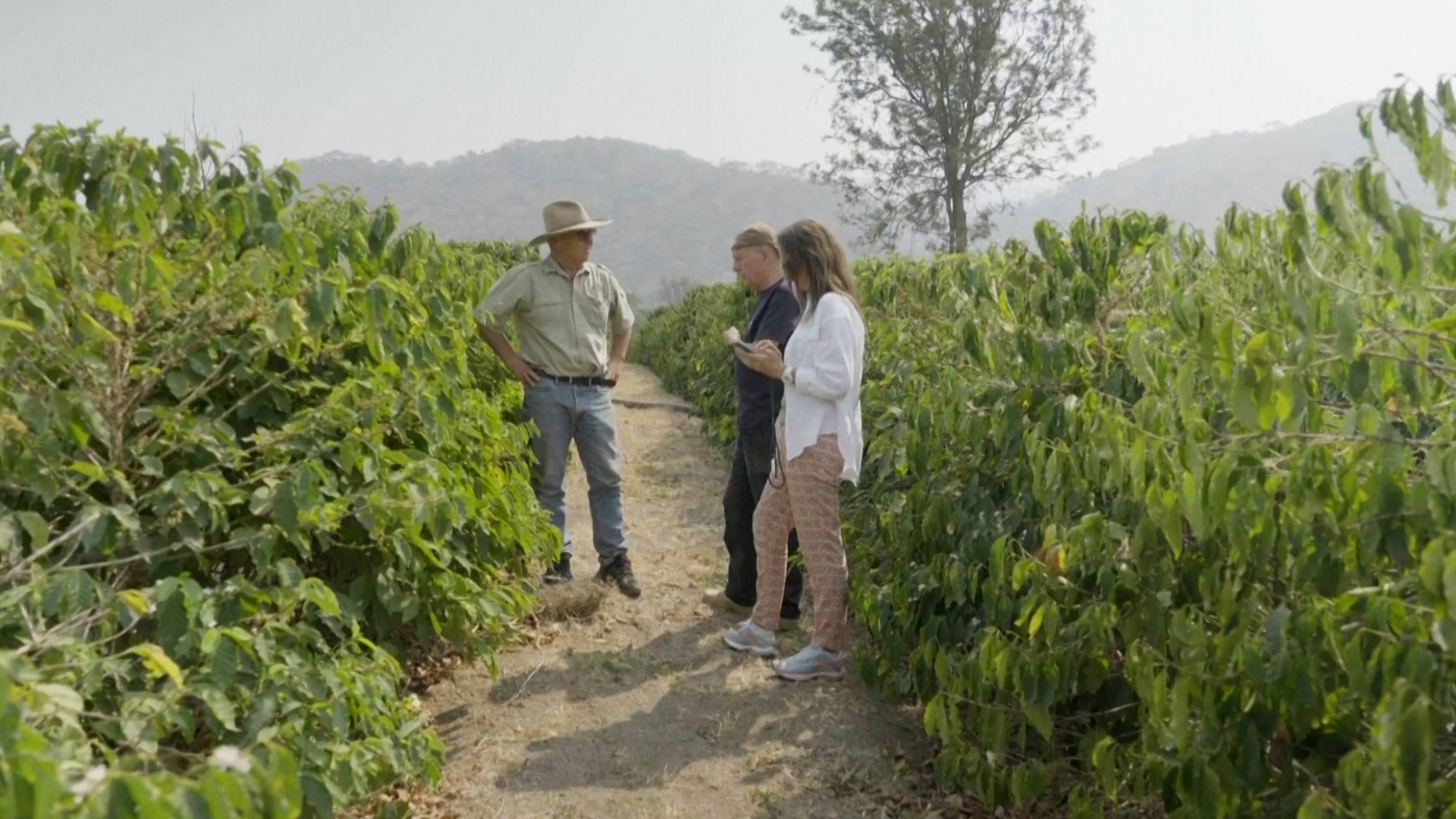Women's land rights: A key to combating desertification and drought

Equal land rights protect both land and advance gender equality. Image: Tasvangirayi Mukwazhi/AP

Get involved with our crowdsourced digital platform to deliver impact at scale
Stay up to date:
SDG 05: Gender Equality
- Women make up nearly half of the world's agricultural workforce, but they often have less access to land than men.
- This is due to discriminatory practices related to land tenure, credit access, equal pay and decision-making.
- The UN Convention to Combat Desertification has launched the #HerLand campaign to raise awareness about the importance of women's land rights.
“Equal land rights both protect land and advance gender equality,” UN Secretary-General António Guterres said, in a video message, urging all governments to eliminate legal barriers to women owning land, and to involve them in policy making.
“We depend on land for our survival, yet we treat it like dirt,” the UN chief added, emphasizing the need for action.
Women make up nearly half of the world’s agricultural workforce, yet discriminatory practices related to land tenure, credit access, equal pay, and decision-making often impede their active participation in sustaining land health.
Today, less than one in five landholders worldwide are women, according to the UN Convention to Combat Desertification (UNCCD).
What's the World Economic Forum doing about the gender gap?
Women have ‘least control’
“Unsustainable farming is eroding soil 100 times faster than natural process can restore them, and up to 40 per cent of our planet’s land is now degraded, imperiling food production, threatening biodiversity, and compounding the climate crisis,” the UN chief said.
“This hits women and girls the hardest,” he said. “They suffer disproportionately from the lack of food, water scarcity, and forced migration that result from our mistreatment of land, yet they have the least control.”
Calling for support for women and girls to play their part in protecting “our most precious resource”, he said “together let’s stop land degradation by 2030”.
This land is #HerLand
Ahead of the international day, UNCCD launched the #HerLand campaign to raise awareness about women making a difference now and the challenges ahead.
When given equal access, women and girls can increase agricultural productivity, restore land, and build resilience to drought, according to UNCCD.
At the outset of the high-level event, Inna Modja, Malian singer and UNCCD Goodwill Ambassador, performed the world premiere of the song, Her Land, to mark the day.
“As a woman, artist, and climate and social justice activist, I believe it’s vital to empower women and youth and promote gender equality in the fight against desertification and land degradation,” she said. “Together, we can create a brighter, sustainable future.”
High-level speakers, women leaders, renowned scientists, land activists, and youth representatives agreed that much has been done but more efforts are needed to level the land ownership playing field.
Tarja Halonen, former President of Finland and UNCCD Land Ambassador, said action is needed now.
“Solving gender inequalities is not just the right thing to do,” she said. “If we ensure that women are fully able to use their abilities, knowledge, talents, and leadership potential our societies are simply better off.”

‘Unfinished business’
“When women farmers have access to own land, they grow more and so do their nations,” said UN General Assembly President Csaba Kőrösi. “Strengthening women’s land and property rights increases food security and reduces malnourishment.”
These positive shifts have a ripple effect, he said.
“What we are lacking are the policy decisions and measures that recognize their role in managing land,” he said. “We should do our best to remove barriers to women’s participation in decision making.”
UNCCD Executive Secretary Ibrahim Thiaw said this Desertification and Drought Day aims at mobilizing the international community in that direction.
“Of all the gender inequalities we experience in the world, the imbalance in women’s access to fertile land remains arguably the most shocking,” he said. “In every corner of the world, filling this particular gender gap remains an unfinished business.”
Don't miss any update on this topic
Create a free account and access your personalized content collection with our latest publications and analyses.
License and Republishing
World Economic Forum articles may be republished in accordance with the Creative Commons Attribution-NonCommercial-NoDerivatives 4.0 International Public License, and in accordance with our Terms of Use.
The views expressed in this article are those of the author alone and not the World Economic Forum.
Related topics:
The Agenda Weekly
A weekly update of the most important issues driving the global agenda
You can unsubscribe at any time using the link in our emails. For more details, review our privacy policy.
More on Nature and BiodiversitySee all
Lena McKnight and Stefan Fahrni
May 2, 2024
Cristen Hemingway Jaynes
April 30, 2024
Robin Pomeroy and Linda Lacina
April 29, 2024
Greg Goodwin and John Stackhouse
April 29, 2024
Diego Vincenzi
April 29, 2024






